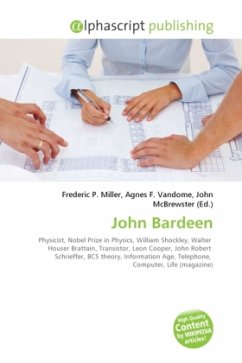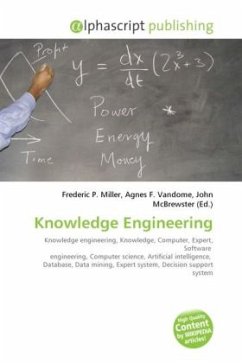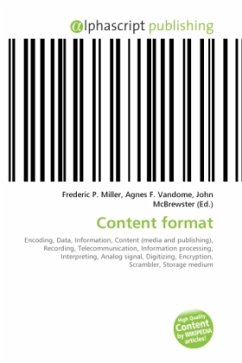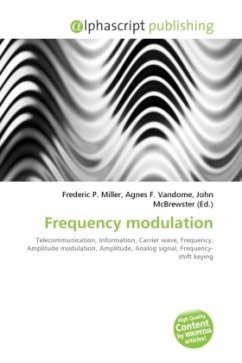John Bardeen, Ph.D. (May 23, 1908 January 30, 1991) was an American physicist and electrical engineer, who won the Nobel Prize in Physics twice: first in 1956 with William Shockley and Walter Brattain for the invention of the transistor; and again in 1972 with Leon Neil Cooper and John Robert Schrieffer for a fundamental theory of conventional superconductivity known as the BCS theory.The transistor revolutionized the electronics industry, allowing the Information Age to occur, and made possible the development of almost every modern electronical device, from telephones to computers to missiles. Bardeen's developments in superconductivity, which won him his second Nobel, are used in Magnetic Resonance Imaging(MRI).In 1990, John Bardeen appeared on LIFE Magazine 's list of "100 Most Influential Americans of the Century."
Bitte wählen Sie Ihr Anliegen aus.
Rechnungen
Retourenschein anfordern
Bestellstatus
Storno








